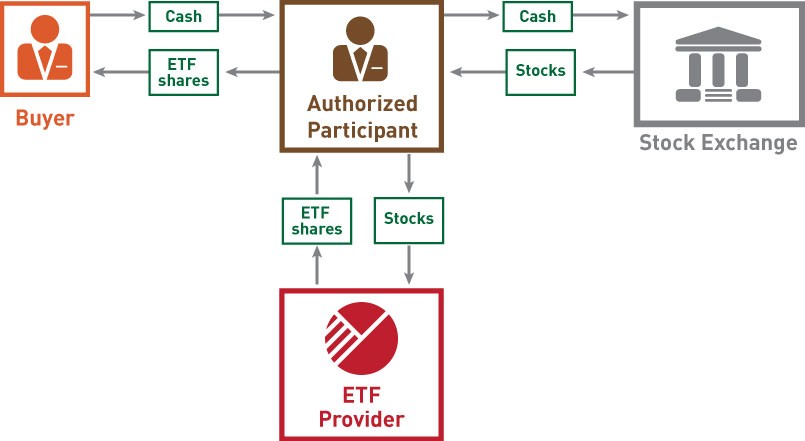Currency Exchange Traded Funds (ETFs)
Post on: 15 Май, 2015 No Comment

All symbols listed above (cut & paste to your watch list):
FXA FXE FXY UUP FXC DBV FXF CYB FXB BZF CEW FXS FXM ICI CNY BNZ ICN JYF EU JYN ERO ULE PGD SZR XRU URR YCL JEM INR GBB AYT
Notes:
A. The G10 currency universe includes U.S. Dollar, Euro, Japanese Yen, Canadian Dollar, Swiss Franc, British Pound, Australian Dollar, New Zealand Dollar, Norwegian Krone and Swedish Krona.
B. The following counries’ currencies are represented in this fund: Brazil, Chile, China, the Czech Republic, Hungary, India, Israel, Malaysia, Mexico, Poland, Russia, Singapore, South Africa, South Korea, Taiwan, Turkey, and Thailand.
C: The eight Asian currencies include the Indonesian rupiah, the Indian rupee, the Philippine peso, the South Korean won, the Thai baht, the Malaysian ringgit, the Taiwanese dollar and the Chinese yuan.
D. The fund provides exposure to 5 currencies: Hong Kong dollar, Singapore dollar, Saudi Arabia riyal, United Arab Emirates dirham, and Chinese yuan.
Advantages of Currency ETFs:
Currency ETFs are unrelated to any stock or bond market: Currency ETFs invest exclusively in the currency itself — CASH MONEY. You NEVER own a single share of stock or any kind of bond.
They shield you from failing institutions: Since you never invest in a financial institution or corporation that could default, currency ETFs insulate you from the debt crisis. The debt crisis CAN help drive some currencies HIGHER — another great OPPORTUNITY to PROFIT from the crisis.
Your investment pays you interest: Since your money is in cash, it pays interest ON TOP of any profit you earn as the currency rises. In fact, with many currency ETFs, the interest yield is higher than what you can make in any money market.
You can profit from moves in EVERY major currency: You can buy an ETF devoted to the U.S. dollar, the euro, the Japanese yen, the Australian and Canadian dollars and many more. Plus, because there are also INVERSE currency ETFs, you can make money when a currency is rising OR when it’s falling!
Low minimum investment: Because currency ETFs are simply shares traded on the exchange, you can start with just a single share for $25 or less. So, with a couple of thousand dollars you can buy a whole range of different ETFs across several different currencies. Or you can give our strategy a try with a tiny stake.
They’re cheap to own, too: With currency ETFs, you also avoid the big loads (sales charges) that some mutual funds require. When you buy and sell, you do have to pay a broker commission, of course. But if you use a discount or online broker, your commission costs can be slashed to the bone.
No trading limits to slow us down: Most mutual fund families discourage frequent switching. If you jump too soon too often, they may send you a nasty-gram to restrict your trading. With ETFs, aside from the tiny commissions you pay, switching is not an issue. Plus, unlike mutual funds, ETFs are priced continually throughout the trading day: You can buy or sell whenever you want to!
They’re the soul of simplicity to buy and sell: Since currency ETFs are traded on the exchange much like stocks, you can use stops-loss orders to help protect your profits or cut a loss. Plus you can buy and sell at better prices by using limits — orders to your broker that specify the minimum or maximum price you’ll accept.
Currency ETFs are available with DOUBLE leverage! With these ETFs, your investment moves 20% for every 10% move in the currency.
Risks of Currency ETFs
The value of the shares of a currency ETF relates directly to the value of the foreign currency held by the particular product. This creates a concentration risk associated with fluctuations in the price of the applicable foreign currency. Unique risk factors of a foreign currency include national debt levels and trade deficits, domestic and foreign inflation rates, domestic and foreign interest rates, investment and trading activities of institutions and global or regional political, economic or financial events and situations.
Related articles
ETF books
Investing in Exchange Traded Funds (ETFs)
Bear Market ETFs














